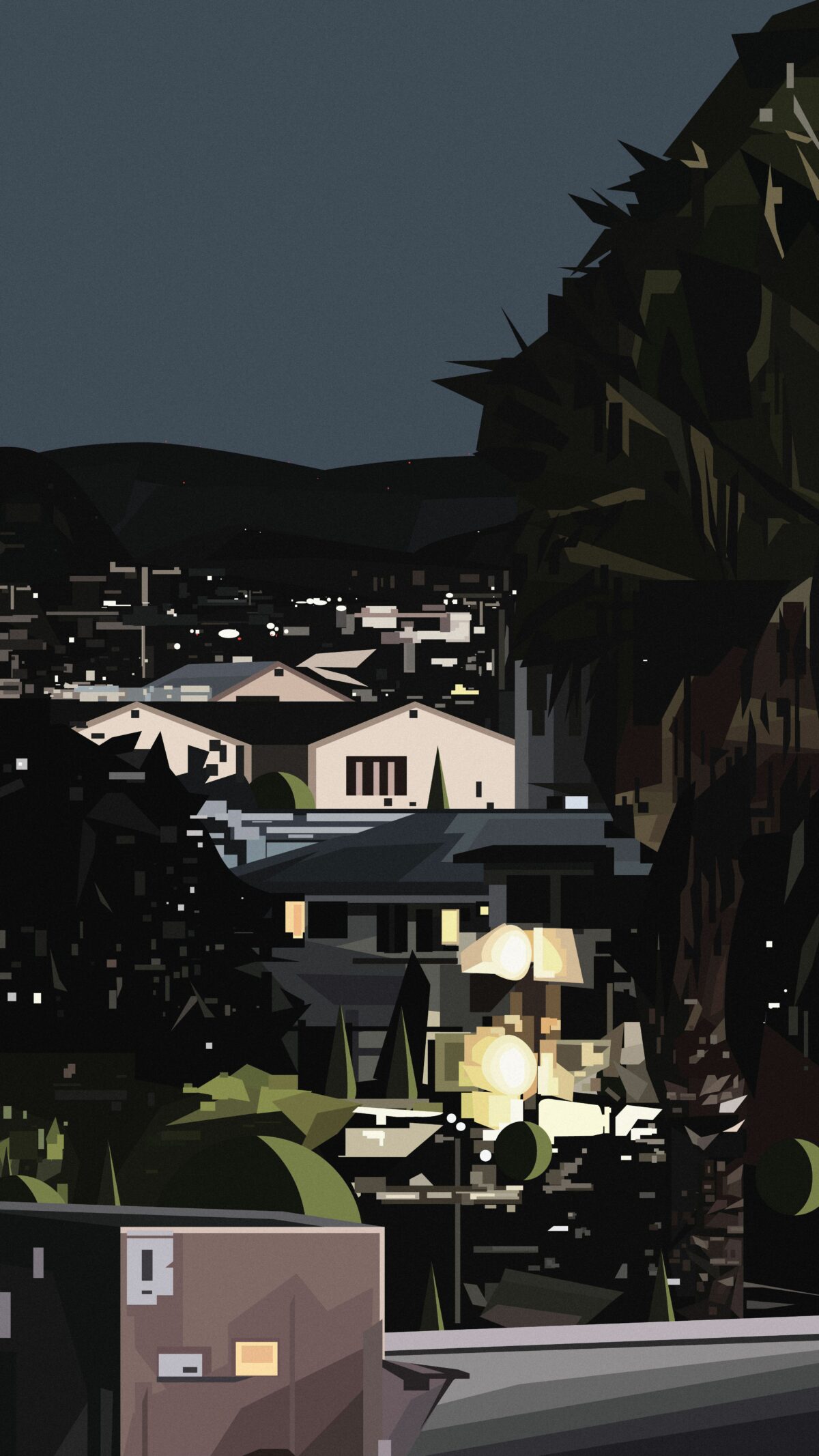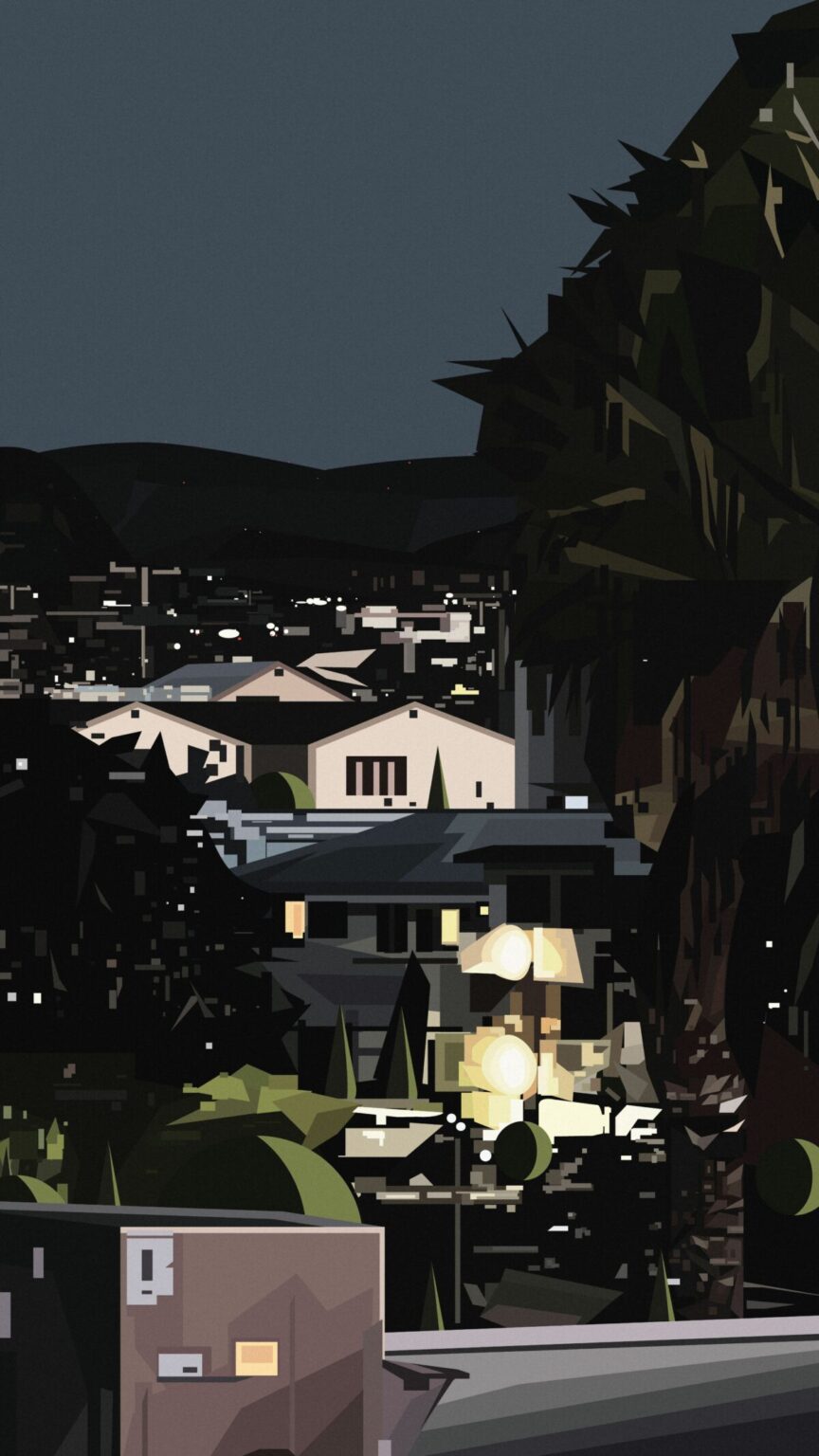As we eagerly await the arrival of The Gateway: Korea, we invite you to join us on the journey to our flagship event that goes global. The Gateway will feature an audiovisual gallery where art, technology and community converge. Visitors can also chat by the fire with visionary makers around the world, representing both Western and Eastern culture.
While making our way to Korea, we interviewed some of the most notable Korean creators in the Web3 space who will be exhibiting at the event, each pioneering their artistic journey in unique ways.
Korean-American artist Gun Yun, an embodiment of versatility and passion, has attracted attention in multiple spheres of life. In the digital art world, he has been praised for his impressive sales and auctions, with pieces exhibited in elite establishments such as Christie’s and Sotheby’s. But art is not his only vocation. Parallel to his achievements in the art world, Yun is deeply engrossed in his medical studies, demonstrating a unique blend of analytical and creative skills. In a world where many specialize in one field, Yun’s dedication to both art and medicine illustrates the potential for a multifaceted career.
Although Yun identifies as Korean, he grew up far from the bustling streets of Seoul. Yun’s journey, colored strikingly by his Korean heritage and American upbringing in Southern California, lends depth and dimension to his artistry. In a conversation with nft now, Yun discussed his background, identity and its influence on his work.
A life with many houses
He currently lives in Wisconsin, where he studies medicine. Yun’s neo-precisionist art style regularly portrays the landscapes of the Midwest. One of his most popular collections, Midwest is a series of illustrations that serve as a testament to a romanticized view of America, capturing the unadorned yet captivating essence of Midwestern life.
“The emptiness, the flatness, the peace, the tranquility of the landscape I was placed in was a combination of artistic inspiration and fear of the unknown,” said Yun.
Despite his extended residence in Wisconsin, he spent his formative years in San Jose, California, surrounded by a predominantly Asian-American community.
“I grew up in the Bay Area. But you know, a lot of times we went to SoCal, especially Los Angeles,” Yun said. “LA is one of the largest hubs for Korean Americans in the United States. There is a unique culture to Koreans here in America and those who are trying to find a different identity than those who are native to Korea itself.
Although Yun is American, his ancestry is deeply rooted in Korea. His parents and grandparents are from there and his father moved to America when he was only one year old. This provided Yun with a unique perspective with a father who identifies as Asian-American, specifically Korean-American. Shortly after he married his father, his mother also went to the United States. As a child, Korean was Yun’s first language. He says he even spent some of his early years in Korea and traveled frequently during his childhood.
Rooted reflections
His artistic leanings can be traced back to his mother and aunt, who played an important role in his upbringing. Both had master’s degrees in art and their works, mostly influenced by Korean traditions, graced the walls of his childhood home. Although Yun’s pieces and art are not of the same style, dealing with art was a daily source of inspiration for the young Grant.
When given the opportunity to present a piece for The Gateway: Korea, Yun chose his piece, LA Nights, which he says reflects his experiences as a Korean-American. While some might just see it as a depiction of Los Angeles, it’s deeply personal to him and resonates with his journey (pictured below).

Yun mused, “Growing up as a different ethnicity in America, but coming from the United States is a different experience,” he shared. “It’s different in the sense that you have this cultural identity that you can identify with, but it’s not the same as someone who grew up in Korea.”
It is this duality, Yun explains, that sometimes challenges the sense of belonging. He says that when you see people of the same ethnicity, maybe even talking in the same language, there’s an instant unspoken bond. Still, there are times when you are reminded of the differences.
It was in Wisconsin where Yun came face to face with the stark contrasts of his heritage. He noted, “The number of people who identify as Asian-American here is much less. That made me appreciate my heritage more.’ In such an environment, Yun not only recognized but embraced the rich tapestry of his cultural identity, drawing strength and inspiration from his dual heritage.
He shared how seemingly minor things, like the lack of Korean supermarkets, emphasized what he had previously overlooked. “Being here made me feel isolated. It’s not until you lose something that you really realize its value,” he reflected.
While Yun’s experiences are deeply rooted in America, his limited time in Korea hasn’t diminished the impact of his heritage. He says, “My experiences are different, and while I don’t define these differences as better or worse, they create unique identities.” This perspective emphasizes the different paths individuals can take within a shared culture, and for Yun it is a testament to the multifaceted nature of identity, shaped by personal experiences and cultural background.
This duality not only shaped Yun’s identity, but also greatly influenced his art. His work has resonated with global audiences and has been featured on notable platforms such as PROOF Collective’s Grails Collection, Avant Arte, The Memes by 6529, and more. His piece, “The Alien” from the “Space” series, sold on July 28, 2022 for 136.9 ETH ($236,217 equivalent at date of sale).
When asked about his family’s feelings towards his increasing success, Yun replied humbly. “It’s cool for them to see me as a ‘professional artist,'” Yun said. “And all of this was partly inspired by my family.”
Grant Yun is undeniably a beacon of diverse talents and deep-seated passions. Through his art, he combines the influences of his Korean heritage, his upbringing in San Jose’s Asian-American community, and the profound inspiration he draws from the tranquil landscapes of the Midwest.
While Yun will not be physically present at Korea Blockchain Week, he is happy that his artwork will be there through The Gateway.
“I plan to visit my family sometime in the next year or so,” Yun said. “As long as my work is there to represent me, that’s all that matters.”
As he continues to share his story and art with both the web2 and web3 audiences, Yun’s art provides a window for audiences around the world to connect with the complexities of identity, nostalgia, and the deep beauty found in the everyday. can be found. Grant Yun’s appeal is more than just visual; it is deeply emotional and evokes a universal sense of longing, belonging and home.


